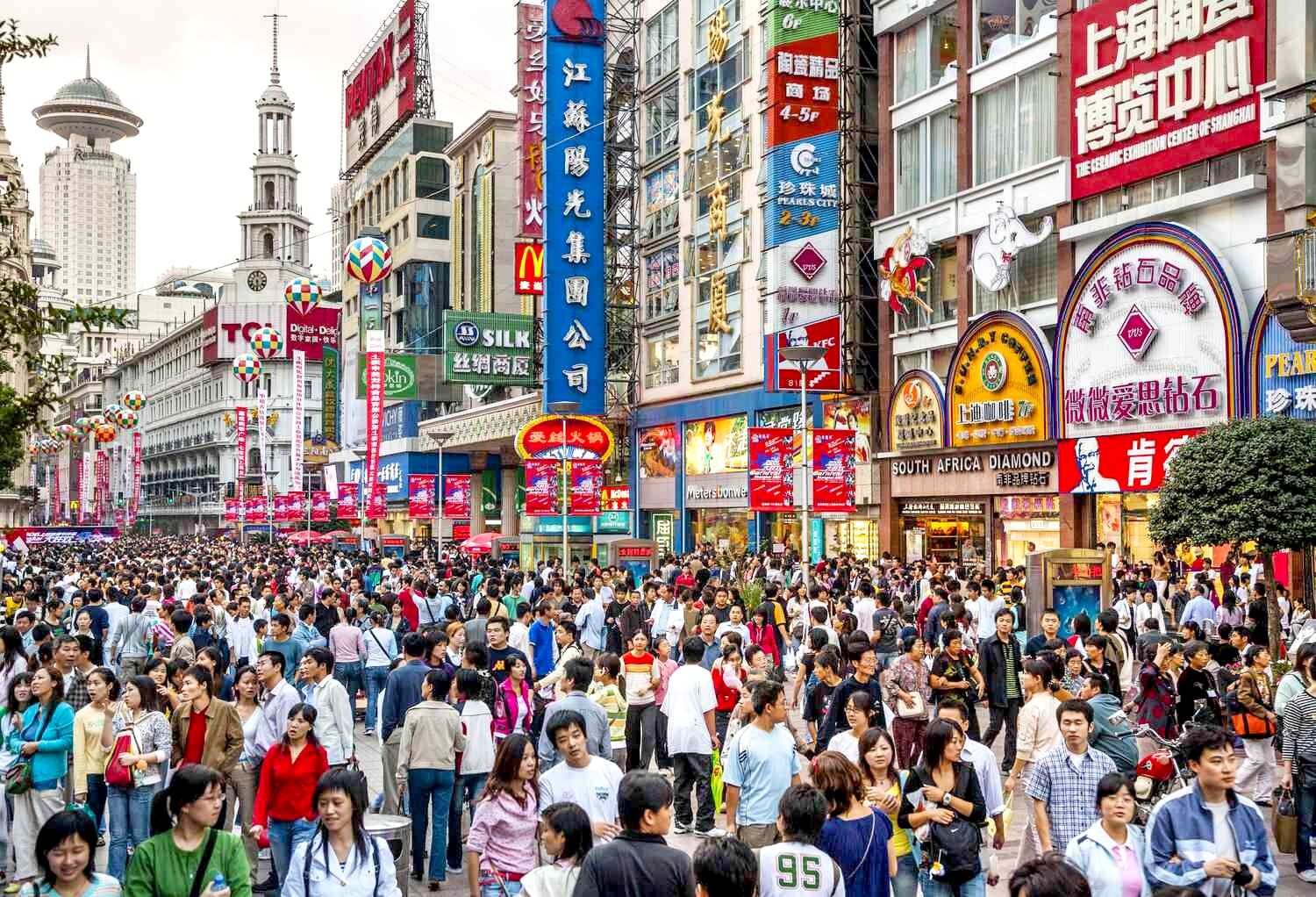China’s population drops for the first time in 6 decades

According to official data, China, the world’s most populous nation, saw a shrink in its population last year for the first time in over 60 years. This decline is attributed to the nation’s plummeting birth rates, which have reached record lows as China’s workforce ages, leading to concerns of a demographic crisis.
The population stood at 1,411,750,000 at the end of 2022, a decrease of 850,000 from the end of the previous year. A total of 9.56 million babies were born last year, and 10.41 million people died in China, according to the National Bureau of Statistics.
This population decline is a result of a number of factors, including the rising cost of living, an increasing number of women in the workforce, and a growing number of women seeking higher education. Additionally, decades of a one-child policy have led to Chinese people getting used to small families.
Local governments in many areas of China implemented measures to encourage births. In Shenzhen, they offer birth bonuses and allowances for children until the age of three, from 3,000 yuan (just under 14,700 baht) for a first child up to 10,000 yuan (nearly 49,000 baht). Jinan has been paying monthly stipends of 600 yuan (about 2,900 baht) for couples who have a second child. However, these measures have failed to reverse the demographic decline.
The decrease in the number of women of childbearing age, which fell by five million per year between 2016 and 2021, is also a contributing factor to the population decline. This is a result of the ageing of the population. Xiujian Peng, a researcher at Australia’s University of Victoria warned of the long-term crisis that could be coming.
“The Chinese government has to find effective policies to encourage birth, otherwise, fertility will slip even lower. A declining and ageing population will be a real concern for China. It will have a profound impact on China’s economy from the present through to 2100.”
The population of China has not decreased since 1960 when the nation was dealing with a severe famine, which was a result of the flawed agricultural policy called the Great Leap Forward, implemented by Mao Zedong.
Latest Thailand News
Follow The Thaiger on Google News:


























